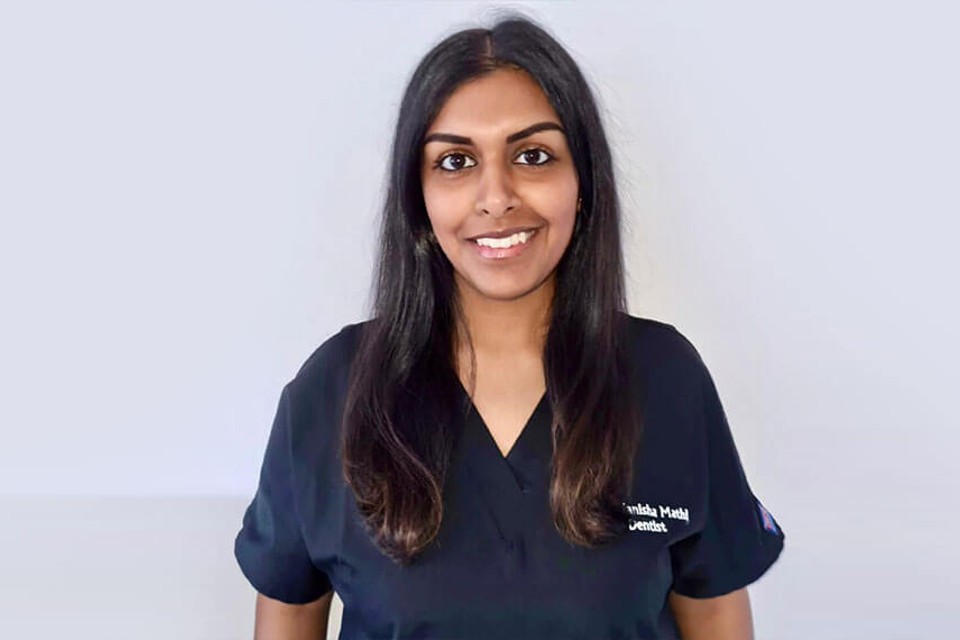If you’re thinking about further qualifications after completing your dental degree, the likelihood is the MFDS (Membership of the Faculty of Dental Surgery) diploma will be on your radar. Not only does it help with career progression, allowing you to stand out from others, you’ll also get those MFDS letters after your name.
We caught up with Dr Manisha Mathi who gave us her insight into the exam, along with what to expect and why you may want to do it.
History
I completed Part 1 (MJDF) in April 2019 and Part 2 (MFDS) in March 2020. The MJDF is no longer available as an exam, and the MFDS has since replaced it. I did my MFDS exam with the Royal College of Surgeons Edinburgh (in London) and therefore my qualification is: MFDS (RCS Ed).
|
|
MFDS RCS England
|
MFDS RCS Edinburgh
|
MFDS RCS Glasgow
|
|---|---|---|---|
|
Part 1
|
150 single best answer (SBA) questions, equally weighted. The exam is not negatively marked.
|
180 single best answer (SBA) questions, equally weighted. The exam is not negatively marked. 3-hour duration.
|
180 single best answer (SBA) questions, equally weighted. The exam is not negatively marked. 3-hour duration.
|
|
Part 2
|
Structured Clinical Examinations (14 stations (3 preparatory)). Mainly assessing communication skills, clinical skills and clinical reasoning skills.
|
Structured Clinical Examinations (10 stations). History taking, managing patient concerns, explanations of special investigations and treatment planning.
|
Structured Clinical Examinations (10 stations). History taking, managing patient concerns, explanations of special investigations and treatment planning.
|
|
Cost
|
Part 1: £535
Part 2: £672
|
Part 1: £540
Part 2: £730
|
Part 1: £540
Part 2: £730
|
Why do it?
Post-graduate qualifications after dental school are important to help make you stand out in your future career. If you are thinking about applying to specialty training through a hospital pathway, doing the MFDS exam is a no-brainer.
On the application, you gain extra points for post-graduate qualifications, as well as audits, presentations and publications. Specialty training is extremely competitive, so it’s important to do everything you can to shine. Even if you are unsure if specialty training is for you, post-graduate qualifications when applying for associate roles also make you a more attractive candidate.
You may also have a change-of-heart and decide a few years into your career that you want to apply for specialty training, and you’ll thank your younger self for doing these exams so soon after graduating.
Is it difficult?
The knowledge required to pass the exams are not much more than the final year of dental school. The closer you complete it after graduating, the easier it is. You know how to prepare for exams and are already in a routine of doing so. Practice makes perfect. There are many past papers circulating and a lot of the questions do get repeated – so practice, practice, practice!
For Part 2, get together with colleagues and friends and run through scenarios with other people to ensure you are confident on the day.
Other important things to note:
- You can only sit Part 2 after 12 months' of experience in clinical dentistry
- You have to complete Part 2 of the exam within five years of completing Part 1
- You have to pay an Annual Retention Fee (ARF) to keep the letters after your name
- You can sit the exams through the Royal College of Surgeons (England, Edinburgh and Glasgow), but locations can vary. For example, some take part in London, Manchester and Edinburgh. Each college has their own website, so make sure you do your research
